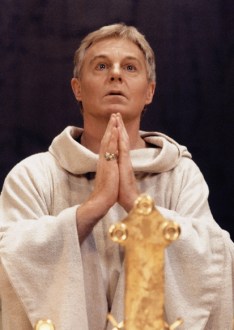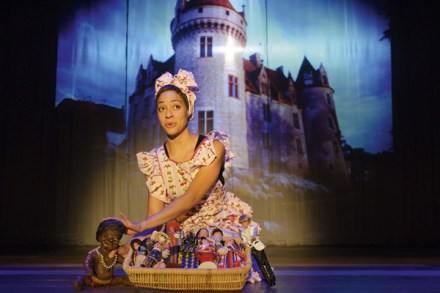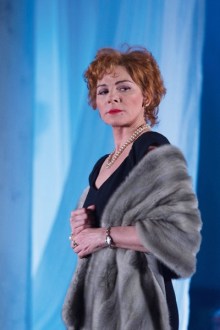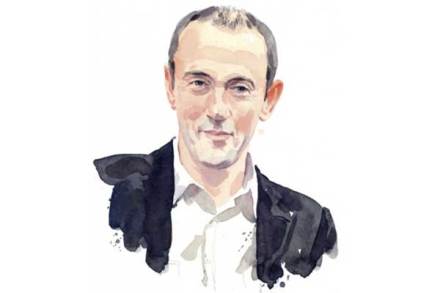As Luck Would Have It, by Derek Jacobi – review
Alan Bennett once overheard an old lady say, ‘I think a knighthood was wasted on Derek Jacobi,’ and I know what she means. It’s strange how he has always been singled out for prizes and high honours — why not Ronald Pickup, Charles Kay, Edward Petherbridge, Frank Finlay or the late Jeremy Brett? Ian Richardson absolutely hated him — just couldn’t contain his envy and incredulity, at least in my presence. Though I’ve never been able to believe in Jacobi on stage or screen as a villain or as a passionate lover, by being fundamentally unthreatening (and shrewd), he is esteemed — just like the Emperor Claudius, his signature role.








